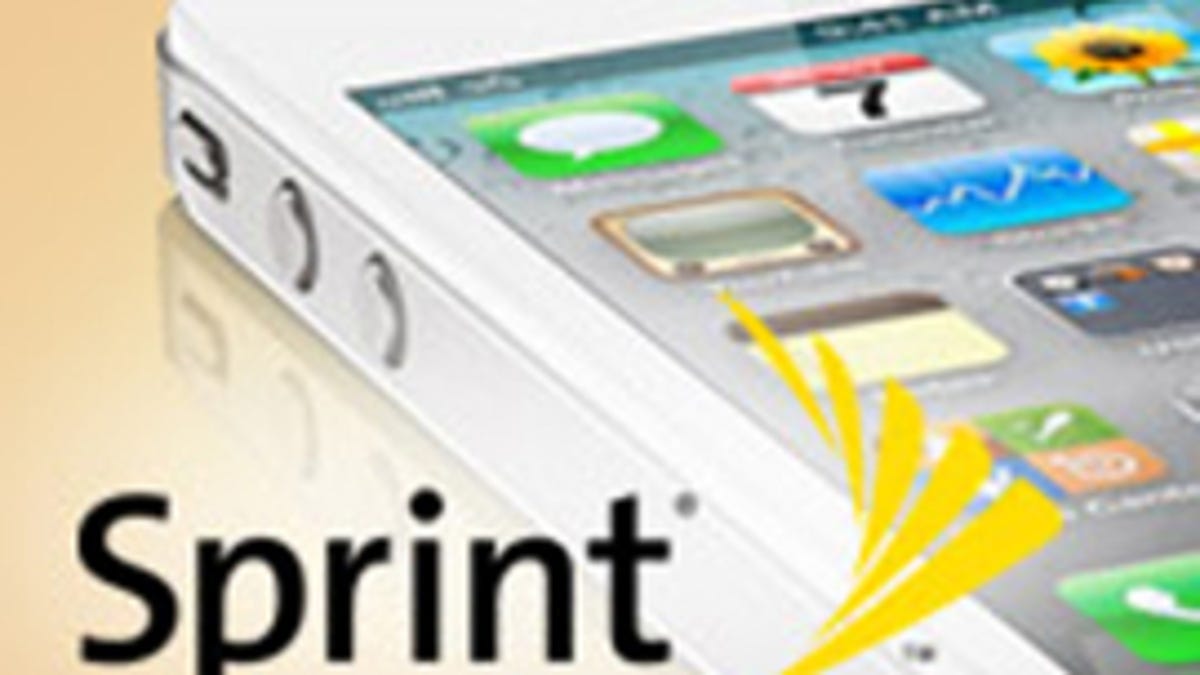Sprint's iPhone shunned by Apple and Best Buy customers?
Study from Consumer Intelligence Research Partners reveals that Sprint's share of sales at Best Buy and Apple are extremely low compared with AT&T's and Verizon's.

Sprint is trailing far behind its competitors in attracting people shopping for the iPhone at Apple and Best Best outlets.
Consumer Intelligence Research Partners (CIRP) today revealed the results of a study outlining the performance of iPhone sales via carrier in Apple and Best Buy stores. Sprint appears to be hard pressed, earning just 9 percent of all iPhone sales in Apple stores and 19 percent of all iPhone sales at Best Buy. By contrast, AT&T's iPhone units account for 63 percent and 60 percent of sales in Apple and Best Buy stores, respectively. Verizon's iPhone sales account for 28 percent at Apple stores and 21 percent at Best Buy.
Sprint was late to the iPhone game. For years, AT&T was the exclusive provider of Apple's iPhone in the U.S. Last year, Apple finally brought the device to Verizon's network, and then to Sprint months later.
That delay might have proven to be a bigger issue than Sprint expected. According to CIRP's data, iPhone owners are loath to switch carriers, leaving Sprint with little chance of rapidly gaining market share. In fact, CIRP found that 94 percent of AT&T's customers bought an Apple handset from their current carrier. Verizon's retention also stands at 94 percent. Sprint has been able to maintain 88 percent of its iPhone owners.
"[Sprint] seem[s] to capture a reasonable share of customers outside of AT&T and Verizon, and of course have started switching their expiring customers to iPhones where they can," CIRP spokesman Michael Levin told CNET today via e-mail. "But, they just can't break through to take meaningful share from AT&T and Verizon, which must frustrate their leadership to no end."
CIRP discovered a host of other interesting stats, including that 75 percent of new iPhone buyers at AT&T previously owned an Apple handset. One other interesting tidbit: 48 percent of Verizon customers who upgraded to an iPhone came from Android, and 47 percent previously owned a BlackBerry.

